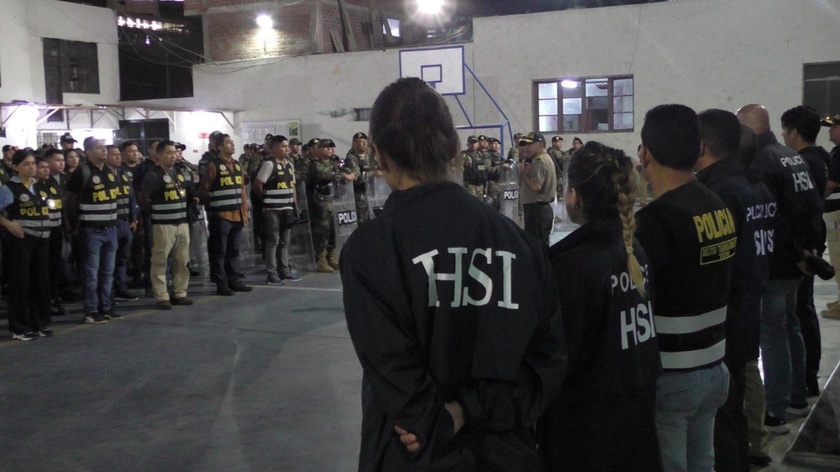On March 14, 2025, President Trump issued a sweeping proclamation invoking the Alien Enemies Act to target members of Tren de Aragua (TdA)—a violent Venezuelan gang recently designated as a Foreign Terrorist Organization. This move marks a major shift in U.S. immigration enforcement, particularly when it comes to deporting illegal aliens linked to criminal enterprises.
What Is the Alien Enemies Act?
The Alien Enemies Act (50 U.S.C. 21 et seq.) is one of the oldest national security laws in America, dating back to 1798. It allows the President to detain, deport, or restrict the movements of non-citizens from hostile nations during times of war or national emergency. While rarely used in modern times, it remains a powerful legal tool.
By using this law, President Trump has declared that Venezuelan nationals associated with TdA are "Alien Enemies" actively engaged in hostility against the United States. This gives federal authorities immediate authority to apprehend, detain, and deport any non-citizen linked to the gang.
Why This Is a Big Deal
- Mass Deportations Are Coming – Under this order, any Venezuelan migrant suspected of being a TdA member can be rounded up and deported without a lengthy legal process.
- Broader Implications for Immigration – This could set a precedent for using national security laws to remove criminal migrants faster, bypassing traditional immigration court backlogs.
- Focus on Venezuela’s Role – The proclamation directly links TdA to the Maduro regime, calling it part of a larger narcoterrorism plot against the U.S. This signals a harder stance on Venezuelan migration overall.
What’s Next?
- Federal agencies like DHS, ICE, and DOJ will ramp up efforts to identify, detain, and deport suspected TdA members.
- Expect legal challenges from immigration advocates arguing that broad use of the Alien Enemies Act is unconstitutional or overreaching.
- This could lead to more aggressive policies targeting other criminal organizations using the same legal framework.
This is one of the most aggressive immigration enforcement actions in modern history. It signals that the administration is willing to use national security laws to expedite deportations and crack down on criminal elements within the migrant population. Whether this approach expands beyond TdA remains to be seen, but one thing is clear: the immigration debate just got a lot more intense.


















